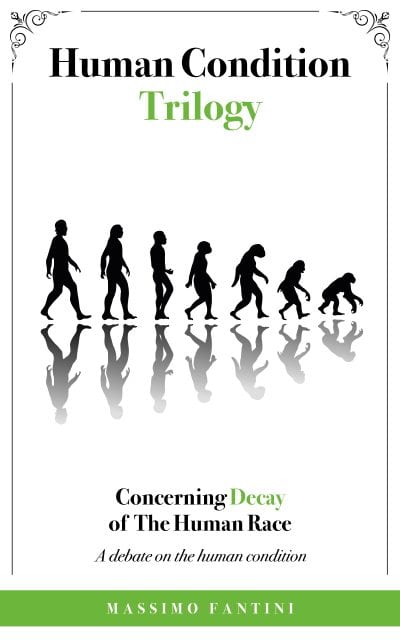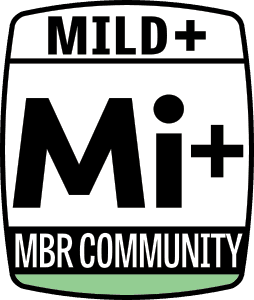Description
The small village of the Island of the Iguanas experiences the succession of different communities—sometimes forced to live together, sometimes taking over from a former generation. Each community possesses a culture and an assortment of certainties which it does not intend to give up, judging a priori the customs of those who preceded it as uncivilized or unreasonable.
Over the years, the community consolidates and grows, together with their prejudices, social injustices, and religious superstitions. The structural transformations of the village have repercussions on the ecosystem of the island which—starting as a protected nature reserve—becomes a hunting place, a tourist destination, and a favorable terrain for smugglers to exploit.
Thus, faced with the opportunity to adopt a new lifestyle—concerning principles of equality, safeguarding personal freedoms, and restoring the ancient harmony between man and nature—there are those who choose to follow the tested path of the government of man over man, which makes discrimination its founding principle, and those who choose to defy it. Social contrast—delineated by origin, by social background, by acquired privileges—begin to arise within these communities, which are made up of heterogeneous families and members of different ages and ambitions.
Given the possibility to make a clean sweep of the past and rebuild the social fabric from scratch, will those who position themselves as leaders avoid the mistakes made by their predecessors or will they end up mechanically following the same steps laid out by human history?





Comments